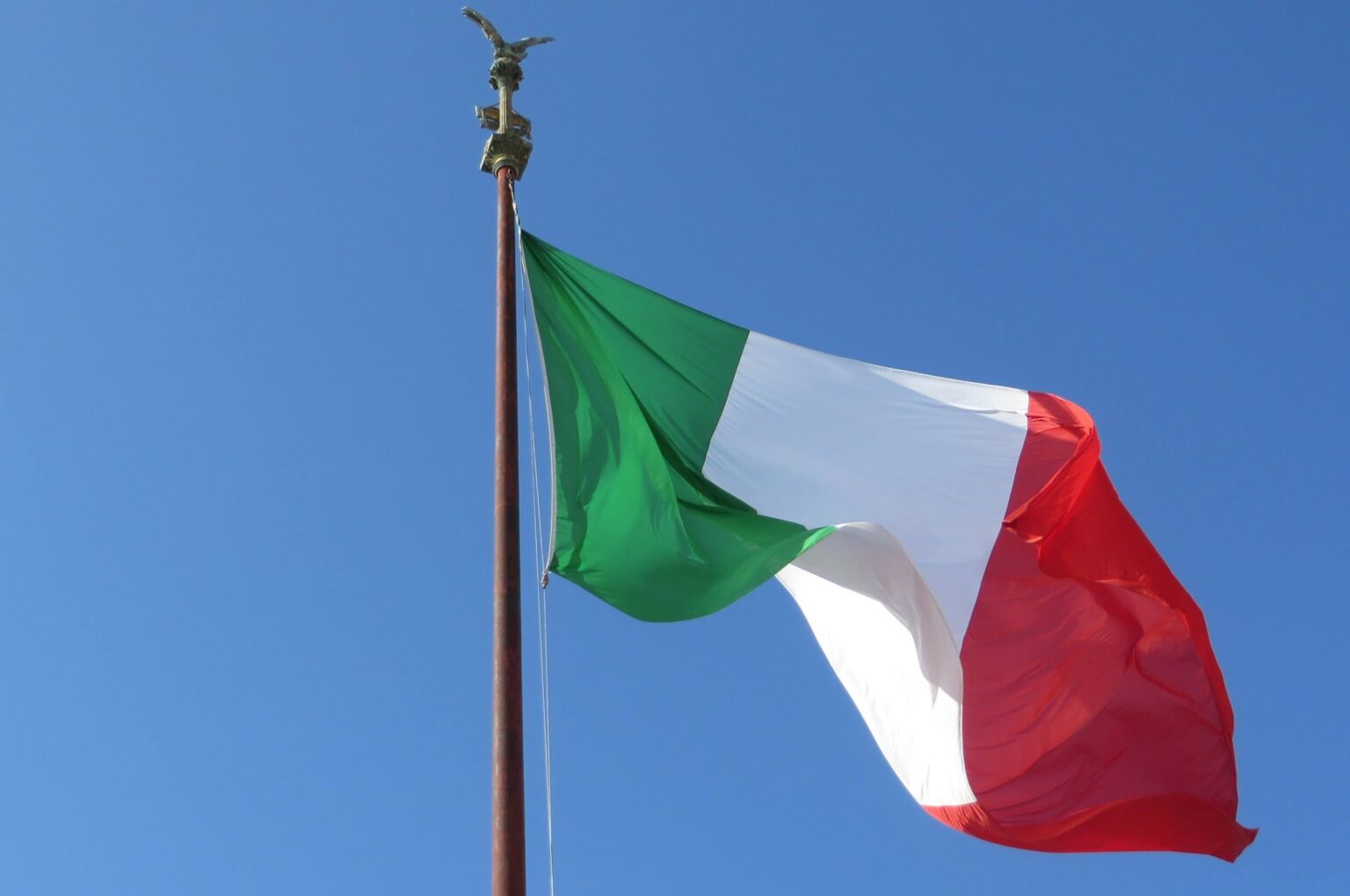Italy’s bank tax is still unpopular, and the government is working hard to make changes.
Italy’s surprise tax on banks is still causing trouble, even though the government says it can improve it.
On August 8, Europe’s main bank stock index dropped almost 3% after the Italian government said it would tax banks’ gains by 40% if they made a lot of money. Traders were surprised by the move, which sent shockwaves all over the continent.
Within 24 hours, Rome changed its plans because of how the market reacted and how many people didn’t like them.
After almost a month, the government is still trying to figure out how to make the plan work, but analysts and officials are still sceptical.
Calenda, who used to be Italy’s vice minister of economic development, said that the strategy could scare away foreign investors.
“Every foreign investor will look at it and say, ‘Wow, this is very dangerous. He told CNBC’s Steve Sedgwick at the European House Ambrosetti Forum, “I don’t want to make long-term investments in Italy because I know the government can step in and say, ‘Okay, I’ll take some of your profit.'”

Brothers of Italy, the party that leads the coalition government that is currently in power, thinks that higher rates have yet to be passed on to savings.
The latest set of bank data in Europe shows that as interest rates keep increasing, banks across the region are making more money.
According to Reuters, Italy’s Economy Minister Giancarlo Giorgetti said at Ambrosetti that the bank tax “can be improved, but I don’t agree that it’s an unfair tax.”
Antonio Tajani, the country’s foreign minister and head of the centre-right Forza Italia party, said that the government is stable and that the bank tax is not making things worse.
He said, “It’s okay to ask banks for help,” but he stressed that it’s essential to tell the difference between big and small loans. He told CNBC’s Sedgwick, “We need to talk to the banks to see if the text [of the law] can be written better.”
On the other hand, one of Italy’s largest banks is not pleased.
“Now is not a good time to cut back on lending,” Gian Maria Gros-Pietro, chairman of Intesa Sanpaolo, told CNBC. “We think the communication has not been good,” he said, adding that the step should be a one-time thing.
